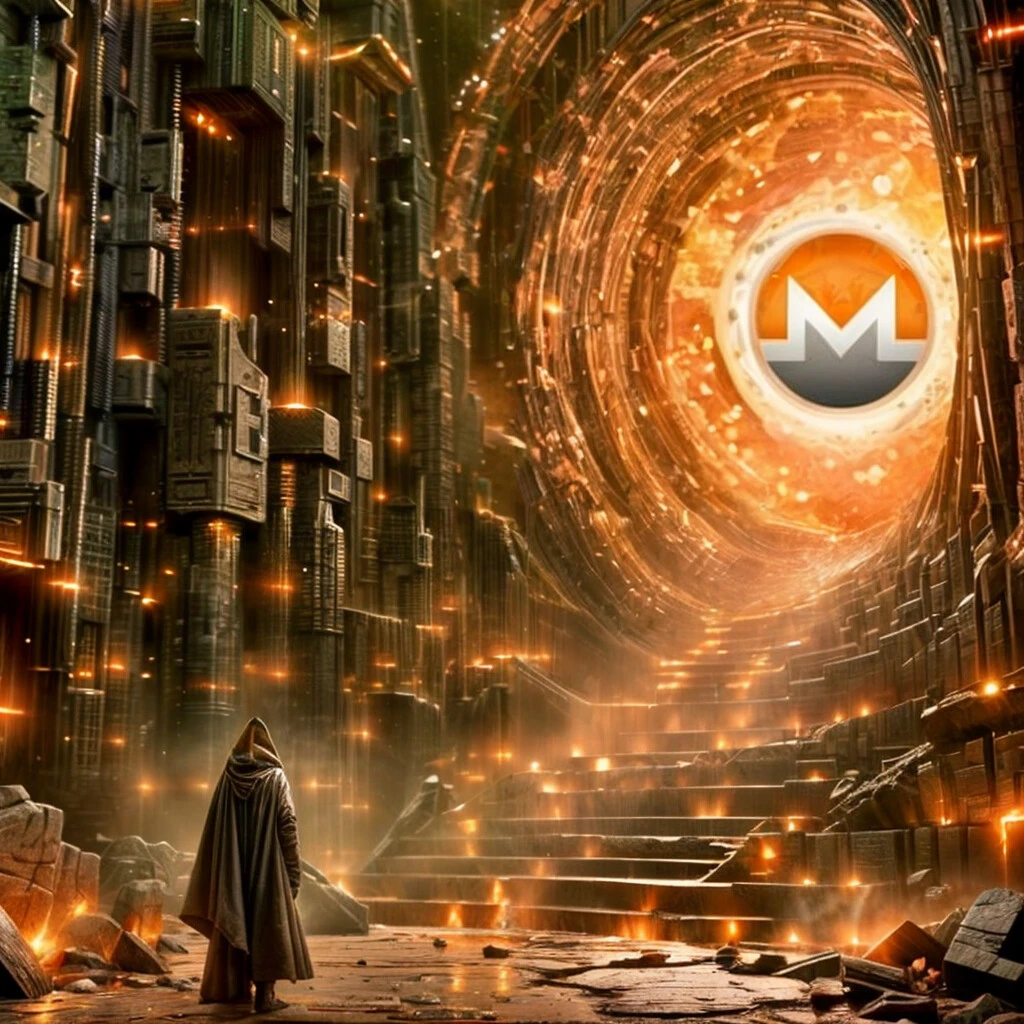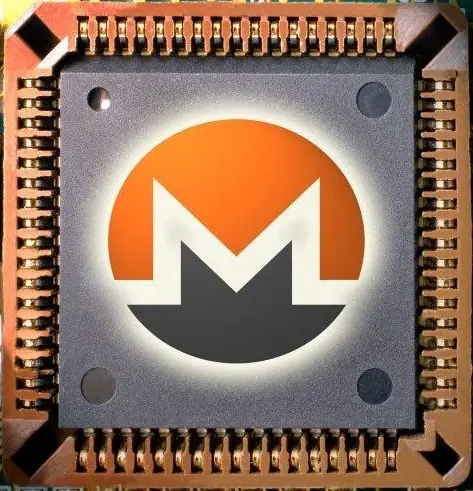- 1 Post
- 24 Comments

 0·2 months ago
0·2 months agoAnd then switching from Matrix to nostr channels and from IRC to SimpleX private messaging

 0·2 months ago
0·2 months agoIf you want a more decentralized system + with strong privacy and anonymity, we should use nostr communities instead where anyone can create throaway npubs and you can access it from any nostr website, not being stuck to a single domain:
It seems to be more like hiding coins in different addresses while obscuring it on chain & using some clever math to make the UX better.
You are accurate: you “hide” coins in different addresses which are only know to the receiver and the sender, I cannot paste a SP address in a block explorer and find what addresses belong to it, and what is the total balance of this BTC user. I can however send a payment to it and then have a “watch” on this entity, there is no obscuring happening on-chain so usual heuristics like when a coin is spent, to where, how much is change, etc still apply.
Which also means if they spend many SP payments together, they reveal to me & others all the addresses belonging to them and what the total balance was, you can think of it like if bitcoin users sent their BTC addresses to each other via DMs, but it removes the interactivity step from handling new addresses, while adding the scanning requirement so the receiver can also know which addresses were generated to them without having to ask senders each time
It is a good feature to have in general in my opinion, but definitely does not come any close to competing with Monero still

 0·3 months ago
0·3 months agoBased. I couldn’t find it on annas archive before

 0·4 months ago
0·4 months agoGreat blog! does this have any benefit over a polyseed mnemonic where you also have a secret password? With polyseed as well as BIP39, even if your mnemonic is caught you can use that plain seed as a decoy that opens a fake wallet, while your real seed with your real funds can only be decrypted with the password, and this encrypted mnemonic by hand won’t result in a valid seed so the malicious actor can assume that a valid seed still exists and it still needs to be seized or brute forced?
I think this method is better when using steganography combined since the mnemonic looks like a blob of nothing when reading the contents of the file, while if an actual seed was used it could reveal there is a Monero seed hidden in that file, but then I think a better encryption method can be used since using digital files loses the benefit of not using a computer?

 0·4 months ago
0·4 months agoAnd trocador.app released gift cards :D people must be gift card shopping, I hear there’s many options available
You can compare the diffs like so: https://github.com/haveno-dex/haveno/compare/master...retoaccess1:haveno-reto:master but for extra security build the binaries yourself if their repo’s changes look good or as expected from the Haveno setup documentation

 0·4 months ago
0·4 months agook no servers make sense, but choosing arbitrators is like choosing a server equivalent to a multisig wallet, there is “someone’s computer” that will have the third key to resolve arbitration issues, and also can it read chat messages? if so networks should be picked with care, but of course trades can complete without it, but I was confused and called it “federation” for the fact they should be merged in the UI

 0·4 months ago
0·4 months agoI didn’t read the docs yet but what do the “haveno networks” do, wouldn’t it be beneficial to have a federated design? I.e. even if they don’t interact directly, I as a user of both can list their orders, make trades on each on the same UI?

 0·5 months ago
0·5 months agoAs per docs they removed this option for individual users to contribute using crypto as a payment method: https://docs.opencollective.com/help/financial-contributors/crypto but they still manage crypto assets, as shown by the recent Ratatui invoice paid by the “drips network” https://opencollective.com/ratatui/contributions/751695

 0·5 months ago
0·5 months agofwiw Open Collective still manages crypto funds/grants for projects, I just saw this recently: https://blog.orhun.dev/open-source-funding-with-ratatui/ the Ratatui project set up a Open Collective to handle donations from the “DRIPS network” crypto
edit: also just looked more at the blog’s site and at the donation page
Cryptoonly has Monero ;) https://donate.orhun.dev/ love it @orhun@fosstodon.org !

 0·7 months ago
0·7 months agoI just think it is a way simpler design, everything is a variation of the NIP-01 note https://github.com/nostr-protocol/nips/blob/master/01.md#events-and-signatures
{ "id": <32-bytes lowercase hex-encoded sha256 of the serialized event data>, "pubkey": <32-bytes lowercase hex-encoded public key of the event creator>, "created_at": <unix timestamp in seconds>, "kind": <integer between 0 and 65535>, "tags": [ [<arbitrary string>...], // ... ], "content": <arbitrary string>, "sig": <64-bytes lowercase hex of the signature of the sha256 hash of the serialized event data, which is the same as the "id" field> }So data portability is enforced by default for the protocol, and it is flexible in a way that clients can support new event kinds without knowing about it, so adding a video event kind to create a youtube alternative would show up even on outdated clients as they’ll still be able to show every note events, and the same for outdated relays that will continue to store every note event you broadcast, you don’t need to spawn a new server to self-host a new instance of a nostr implementation, just use the same clients and same relays as always, so people have made torrent sharing sites (https://dtan.xyz) and video platforms for example and it doesn’t seem like the AP protocol is very open and flexible to these ideas and implementations

 0·7 months ago
0·7 months agoWhat would it take to have this in AP at the current state, and like could mitra and other clients start supporting these portable objects and just wait for others to catch on?
Or maybe a single attack by a bigger instance with more users is enough to put us down and be stopped from actually reach more people, and we’ll never know what people actually feel by being constantly attacked for being small.

 0·8 months ago
0·8 months agoI think if you gave nostr a chance you would see some benefits even for those reasons, like you also get to be in contact with the people that maintain infrastructure (relay admins), some admins can require the payment of a fee or simply whitelist your pubkey to read/write notes, which creates “closed communities”, but the difference from AP is you are able to have many different relays at the same time for your infrastructure, so you don’t have a “single admin” that you may or may not like or trust that much, you can pick one or many at any time, or be your own

 0·9 months ago
0·9 months agoChoosing plugins during build are a great use case for a Gentoo ebuild with USE flags
hopefully they have a change of heart like they just did with randomx merge mining and confirm no pre-mine
The consensus is there is no fair launch planned from any chain https://nitter.net/DontTraceMeBruh/status/1733122602363719966#m
DarkFi will pre mine tokens, and idk about Tari



Yes it is an Amethyst fork with a Monero wallet and support for tipping